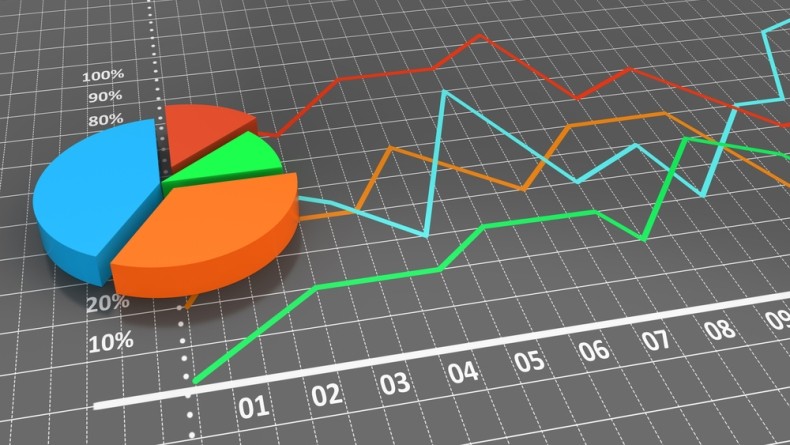 |
Evidence That the World Economy Is at Risk of a Recession
The chance of a recession hitting the world economy is rising. In a recent study, Tuesday, this was covered.
High inflation is a problem for consumers since it limits their spending. In the meanwhile, the central bank only tightens policy significantly when assistance is required.
On the other hand, the coronavirus (Covid-19) epidemic, which has been made worse by Russia's foray into Ukraine, has not yet caused supply chains to recover. Not to mention Covid-19's rigorous lockdown of China's production hubs.
Numerous purchasing manager polls released yesterday from Asia, Europe, and the United States (US) revealed a decline in business activity. This implies that there is minimal chance of a substantial change occurring soon.
According to Capital analyst Paul Dales, "simply put, very high inflation rates compel families to pay more for the commodities and services they have to buy, which means they have to spend less on other goods." (2022).
"That represents a decline in economic output. That then is the cause of the recession. In reality, greater inflation plays a bigger part than higher interest rates."
 |
| In 2023, dire economic conditions are anticipated around the world. |
For instance, private sector company activity in the US decreased in August for the second consecutive month. It is at its poorest position in 18 months, with the services sector experiencing a severe decrease.
In a Reuters poll conducted on Monday, analysts predicted that the likelihood of a US recession in one year would be 45% and in two years, 50%.
Europe is just as gloomy. Consumers in the area are being forced to cut costs due to the region's rising cost of living. The negative news also drove the euro's value versus the dollar to a 20-year low, with rising gas prices potentially pushing Europe into a recession.
Outside of the European Union (EU), private sector development in the UK stagnated due to decreased industrial output and a lack of expansion in the larger services sector. This suggests that the nation will experience a recession.
Meanwhile, as output and new orders continued to decline, Japanese factory growth slowed to a 19-month low. Australia's Purchasing Managers' Index (PMI) declined below the 50 threshold, signaling contraction, at the same time.
In many regions of the world, inflation has risen to its highest point in decades. In order to maintain price stability, the central bank was compelled to tighten monetary policy.
| Crisis |
In an effort to lower the high inflation rate, the Federal Reserve (The Fed), the US central bank, increased its benchmark interest rate by 2.25 percentage points this year. This type of rise was implemented not just by the US but also by the Bank of Canada (BoC), the European Central Bank, and the Bank of England.
Investors can expect that the Fed, ECB, and BoE may end their rate hikes in the first half of 2023 after hints of an end to rate hikes among central banks leading tightening, according to Charles Schwab analyst Richard Flynn.
The symposia this year can give a head start on when it might be time to switch from increases to cuts.

Post a Comment
Comment wisely!